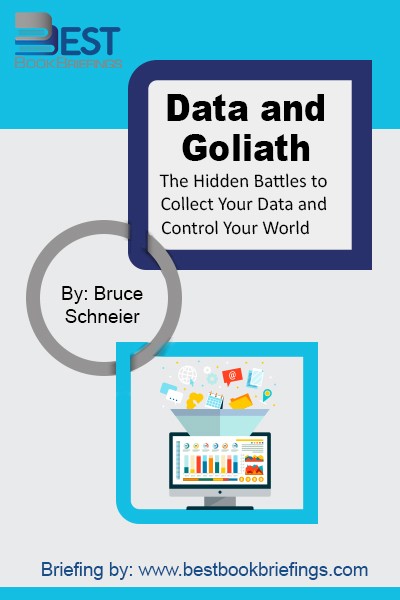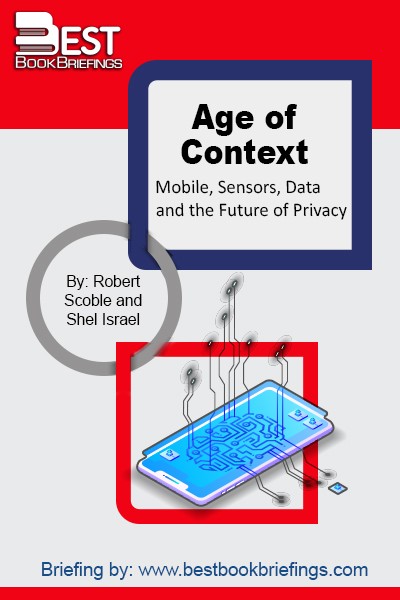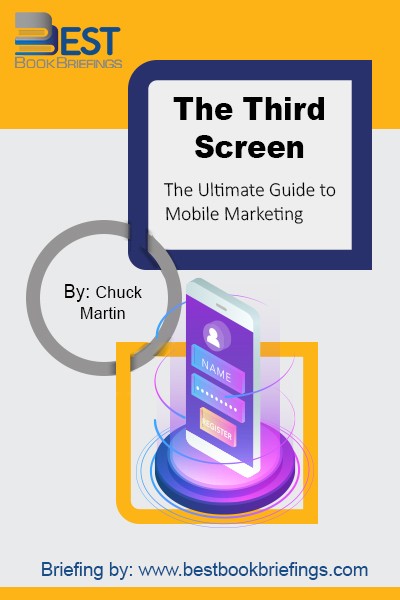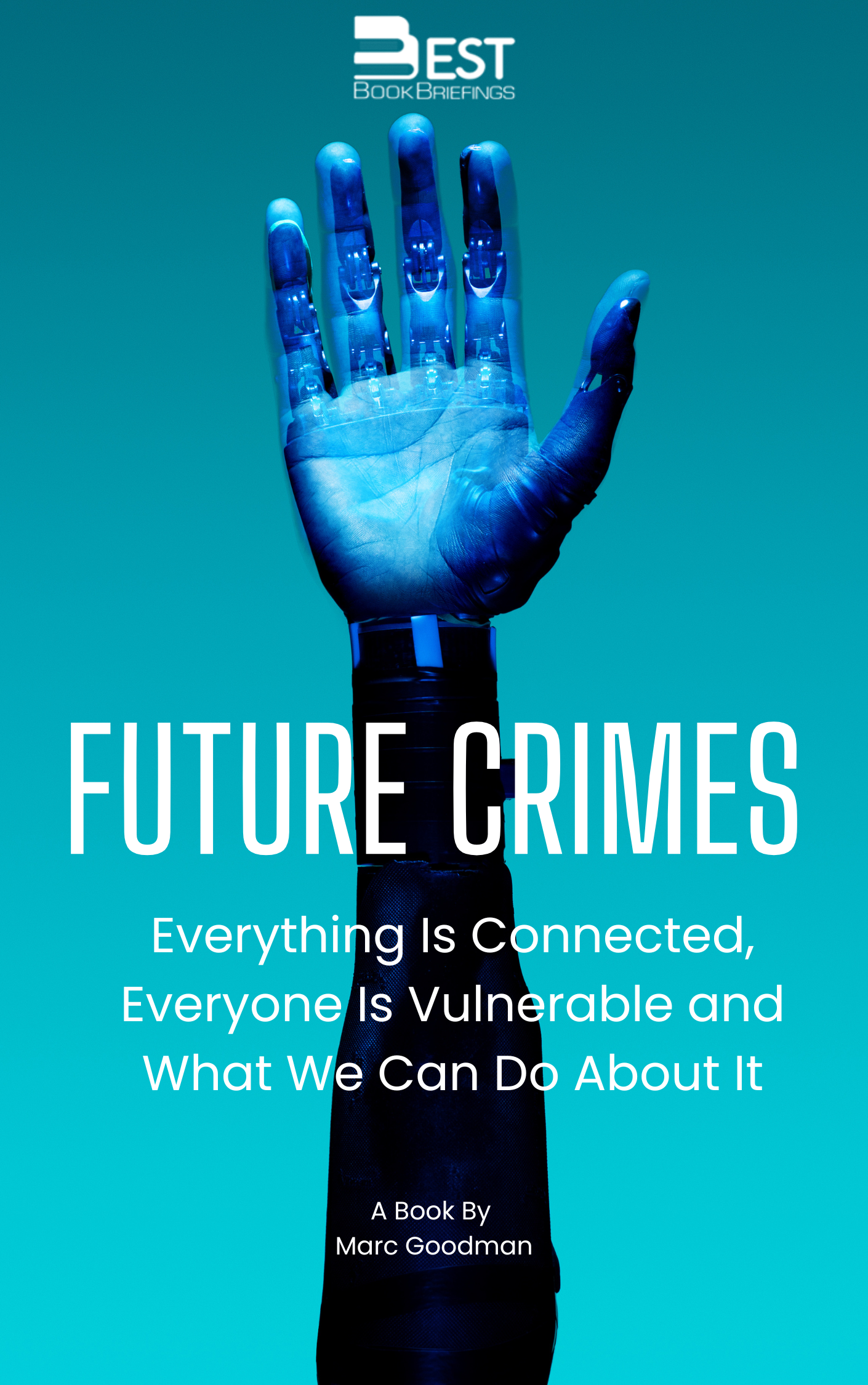Future Crimes
Everything Is Connected, Everyone Is Vulnerable and What We Can Do About It
Number of pages: 464
Publisher: Doubleday
BBB Library: Politics and Public Affairs
ISBN: 978-0385539005
Editorial Review
From former FBI Futurist, Interpol advisor and beat cop Marc Goodman, a deep dive into the digital underground illuminating the alarming ways criminals, corporations, and even countries are using new and emerging technologies against you—and how this makes everyone more vulnerable than you ever thought possible.
Book Reviews
Books on Related Topics

Every morning when you put your cell phone in your pocket, you’re making an implicit bargain with the carrier: “I want to make and receive mobile calls; in exchange, I allow this company to know where I am at all times.” In this book, we get to know about the here’s

In 2006, co-authors Robert Scoble and Shel Israel wrote Naked Conversations, a book that persuaded businesses to embrace what we now call social media. Six years later they have teamed up again to report that social media is but one of five converging forces that promise to change virtually every aspect

Chuck Martin takes readers on a journey from the creation of the first screen to the revolutionary third. Martin describes the cultural and social changes incurred by the first screen (the television) and the second screen (the personal computer), opening up his discussion of how the third screen—the mobile device—is redefining



